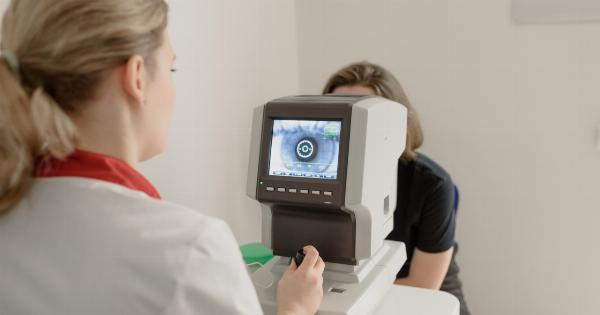Macular Degeneration is a common eye condition that affects millions of people worldwide. It is a disease that causes damage to the macula, which is the central part of the retina responsible for sharp vision.
This damage can lead to central vision loss, making it difficult to read, recognize faces, and perform daily activities. Fortunately, there are treatments available, and one of the most effective treatments for macular degeneration is injections.
What are injections for Macular Degeneration?
Injections for macular degeneration are a type of medication that is injected into the eye. The medication is designed to slow down or stop the progression of the disease and prevent further vision loss.
The most common types of injections used to treat macular degeneration are Anti-vascular endothelial growth factor (anti-VEGF) injections.
How do Anti-VEGF injections work?
Anti-VEGF medications work by blocking the production of a protein called vascular endothelial growth factor (VEGF), which stimulates abnormal blood vessel growth in the macula.
These abnormal vessels are fragile and can leak blood and fluid, leading to scarring and damage to the macula, resulting in vision loss. By preventing the production of VEGF, the growth of abnormal blood vessels is reduced, and the chance of further damage to the macula is minimized.
What happens during an injection?
During an injection, your eye doctor will first numb your eye with an anesthetic eyedrop.
A tiny needle will then be inserted through the white part of your eye and into the jelly-like substance in the back of your eye, where the medication will be injected.
How often do I need injections?
The frequency of injections will depend on the severity of your condition. For those with severe macular degeneration, injections may be required as often as once per month. For those with milder cases, injections may be required less often.
Your eye doctor will be able to determine the appropriate treatment schedule for you.
What are the risks of injections?
As with any medical procedure, there are risks associated with injections for macular degeneration. The most common side effects include temporary irritation, inflammation, and infection.
There is also a small risk of developing a detached retina or increased pressure in the eye. However, the risk of developing severe complications is rare, and injections are generally considered safe and effective.
What can I expect after an injection?
After the injection, you may experience some mild discomfort or irritation. You may also notice some floaters or blurred vision for a short period after the procedure.
It is important to rest your eyes after the injection and avoid strenuous activities for a few days to allow your eyes to heal properly.
Conclusion
Injections for macular degeneration are a safe and effective treatment option that can help slow down or stop the progression of the disease and prevent further vision loss.
If you are experiencing symptoms of macular degeneration, such as blurred vision or difficulty recognizing faces, speak to your eye doctor about the treatment options available to you.



























